Stone Experts: Absolute Black Etched! What now?
vickevette
12 years ago
Related Stories
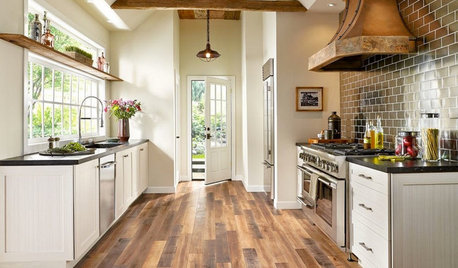
MOST POPULARPros and Cons of 5 Popular Kitchen Flooring Materials
Which kitchen flooring is right for you? An expert gives us the rundown
Full Story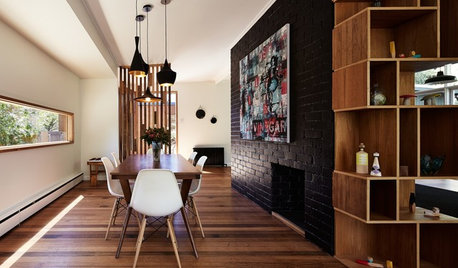
WALL TREATMENTSExpert Opinion: What’s Next for the Feature Wall?
Designers look beyond painted accent walls to wallpaper, layered artwork, paneling and more
Full Story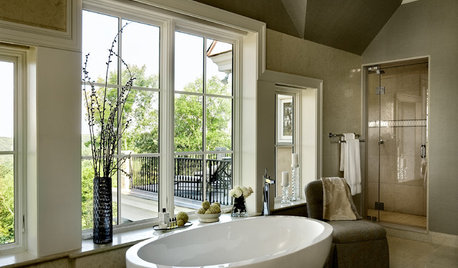
BATHROOM DESIGNExpert Talk: Freestanding Bathtubs Make a Splash
Professional designers explain why they chose freestanding tubs and how the style can enhance the design of any bathroom
Full Story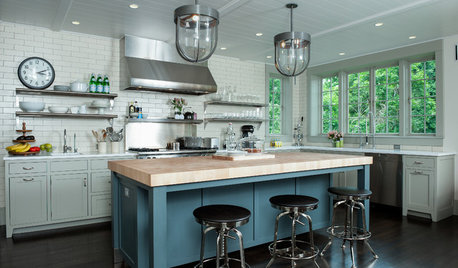
KITCHEN DESIGNExpert Talk: Design Lessons From 9 Stunning Kitchens
Architects share a behind-the-scenes look at the design decisions for some of their most interesting kitchen projects
Full Story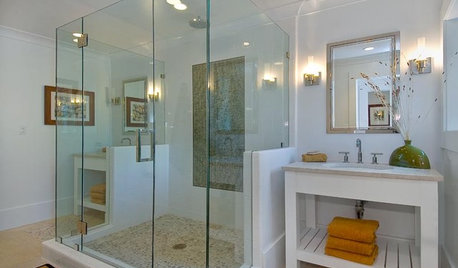
BATHROOM DESIGNExpert Talk: Frameless Showers Get Show of Support
Professional designers explain how frameless shower doors boosted the look or function of 12 bathrooms
Full Story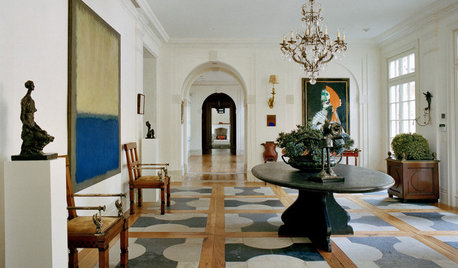
TASTEMAKERSA New Decorating Book Celebrates Expert Style Mixing
Old-world classic, traditional and modern elements harmonize in Stephen Sills' gift-worthy new decorating book
Full Story
FARM YOUR YARDHow to Grow Vegetables in Containers
Get glorious vegetables and fruits on your patio with a pro’s guidance — including his personal recipe for potting mix
Full Story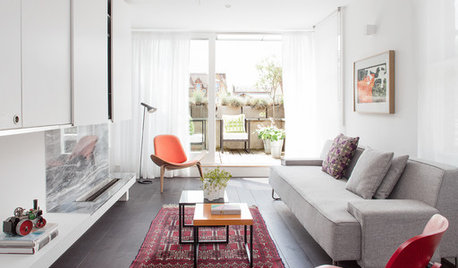
DECORATING GUIDESAsk an Expert: How to Decorate a Long, Narrow Room
Distract attention away from an awkward room shape and create a pleasing design using these pro tips
Full Story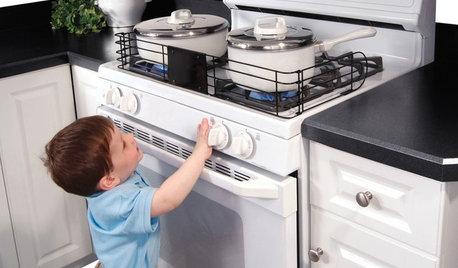
HEALTHY HOMEHow to Childproof Your Home: Expert Advice
Safety strategies, Part 1: Get the lowdown from the pros on which areas of the home need locks, lids, gates and more
Full Story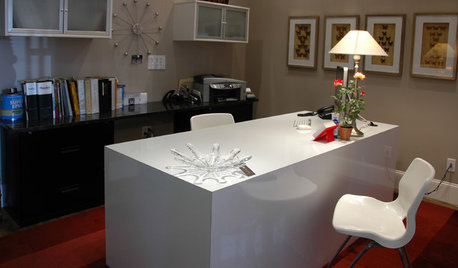
HOME OFFICESExpert Talk: 11 Desk Designs That Really Work It
Boring or inadequate desks don't cut it for productivity in a home office. File these desk designs and expert insight under "To Do"
Full StoryMore Discussions






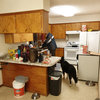
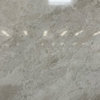
weissman
rocketmomkd
Related Professionals
Commerce City Kitchen & Bathroom Designers · Lenexa Kitchen & Bathroom Designers · Ridgewood Kitchen & Bathroom Designers · Roselle Kitchen & Bathroom Designers · Champlin Kitchen & Bathroom Remodelers · Garden Grove Kitchen & Bathroom Remodelers · Las Vegas Kitchen & Bathroom Remodelers · Manassas Kitchen & Bathroom Remodelers · Ogden Kitchen & Bathroom Remodelers · Oklahoma City Kitchen & Bathroom Remodelers · Pearl City Kitchen & Bathroom Remodelers · Thonotosassa Kitchen & Bathroom Remodelers · Black Forest Cabinets & Cabinetry · Murray Cabinets & Cabinetry · Niceville Tile and Stone ContractorsvickevetteOriginal Author
rocketmomkd